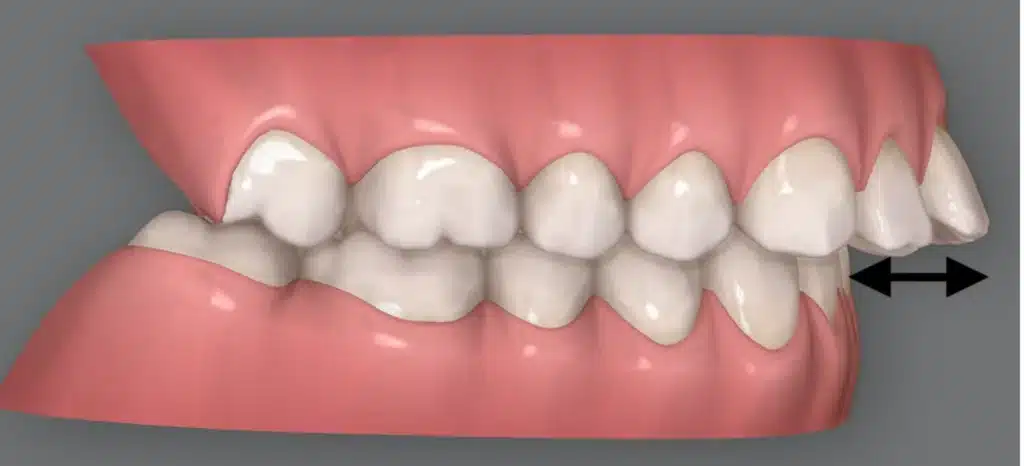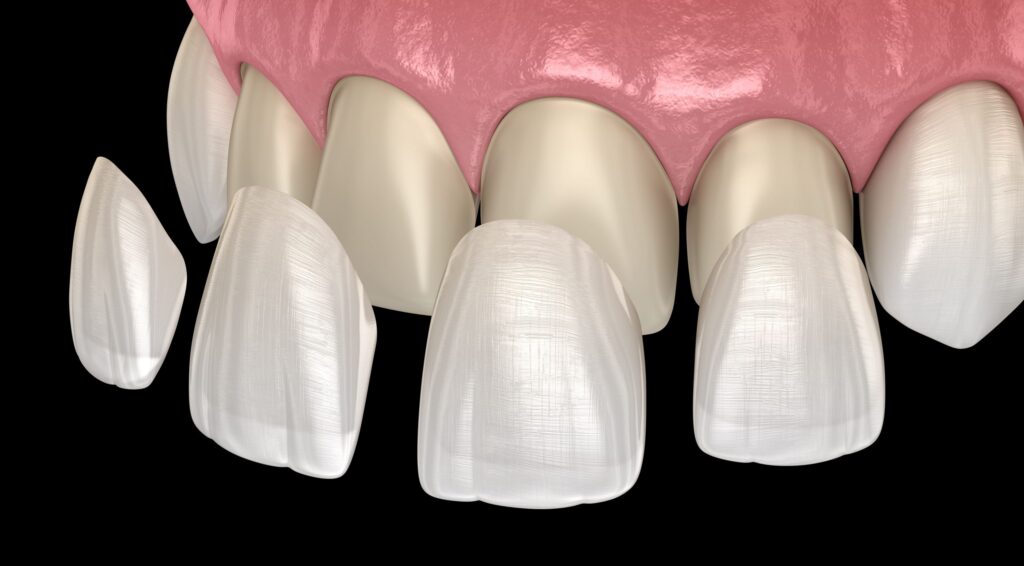Oral surgery is more than a clinical procedure—it’s a journey that affects both your body and your mindset. Understanding what happens emotionally and physically from the moment you schedule surgery through your full recovery can make the process far more manageable.
Before Surgery: Navigating Emotional Stress
Fear of the Unknown
Feeling anxious before oral surgery is completely normal. Many patients fear the pain, complications, or effects of anesthesia. These emotions stem largely from uncertainty.
Common Concerns
- Pain or discomfort during and after surgery
- How anesthesia or sedation will affect you
- How long will the recovery take
- Time away from work or daily responsibilities
How to Cope
- Ask Questions: Knowledge is power. Understanding the process reduces fear.
- Use Relaxation Techniques: Deep breathing, meditation, or listening to calming music can ease your nerves.
- Lean on Support: Bringing a friend or family member can help you feel more secure.
During the Procedure: Staying Grounded
With today’s dental advancements, many oral surgeries are minimally invasive and supported by sedation methods that reduce pain and anxiety. Whether you’re undergoing a wisdom tooth extraction, implant placement, or gum surgery, your care team is trained to prioritize your comfort.
At Wedgewood Dental, experienced professionals make sure you feel safe and informed at every step.
The First 24 Hours: Physical and Emotional Reactions
What Your Body Experiences
- Grogginess from anesthesia
- Mild bleeding at the surgical site
- Swelling around the jaw or cheeks
- Numbness and tenderness
Emotional Responses
- Relief that the procedure is done
- Irritability from medication or discomfort
- Mood swings from lack of sleep or hunger
- Fatigue from physical and mental stress
Immediate Recovery Tips
- Rest Fully: Avoid activity. Sleep helps your body recover.
- Apply Ice Packs: Control swelling by applying to the area in 15-minute intervals.
- Avoid Straws: Suction can disrupt clot formation.
- Take Prescribed Medications: Follow dosage instructions carefully.
Days 2 to 4: Healing and Emotional Adjustment
Physical Recovery
- Swelling may peak and then begin to subside
- Soreness should be manageable with medication
- Bruising may appear, especially near the jawline
Emotional Recovery
It’s normal to feel moody or unmotivated. You’re dealing with restrictions in diet, movement, and social life. Temporary isolation or discomfort can impact your mood.
Coping Tools
- Stay Social: Even a text exchange helps fight isolation.
- Create Distractions: Movies, audiobooks, and games can keep your mind busy.
- Stick to Routines: Even minor daily tasks help restore normalcy.
One Week Later: Positive Progress
Physical Improvements
- Pain should be minimal
- Swelling and bruising will continue to decrease
- You may begin to eat soft, solid foods again
Emotional Uplift
As your pain eases and you become more active, your mood will likely improve. You may even start noticing the benefits of the procedure, such as improved bite alignment or less discomfort.
Self-Care Reminders
- Keep Gums Clean: Use saltwater rinses as advised
- Attend Your Follow-Up: Ensure healing is on track
- Be Patient: Healing continues under the surface
Two Weeks Onward: Returning to Normal
Physical Status
- Any lingering soreness should be nearly gone
- Eating and speaking will feel more comfortable
- You’ll resume most daily activities without restriction
Emotional State
Most patients feel much more positive by this stage. The toughest part is over, and normal life is resuming. If your surgery corrected a long-term issue, you might even feel a boost in quality of life.
Common Emotional Struggles During Recovery
Feeling Isolated
Time off work or school can feel lonely. Stay connected with people through messages or short calls.
Frustration with Limitations
A restricted diet and temporary discomfort can be annoying. Remind yourself it’s short-term.
Disrupted Sleep
Pain or swelling can interfere with your sleep. Elevate your head and use white noise or meditation to relax.
When to Contact Your Dentist
Certain symptoms are red flags. Call your dental provider if you notice:
- Fever above 101°F
- Excessive or worsening pain
- Pus or unusual odour
- Numbness that doesn’t go away
- Trouble swallowing or breathing
If you’re seeking a dentist in Rolla, MO, Wedgewood Dental is equipped to help you handle any part of your recovery process, from complications to routine questions.
Recovery Checklist: Mind and Body
Physical Care
- Eat soft foods like soups, yogurt, and mashed potatoes
- Avoid crunchy, hot, or spicy foods
- Keep your head elevated when sleeping
- Don’t smoke or drink alcohol during healing
Emotional Support
- Journal your thoughts to track progress
- Give yourself permission to rest and recover
- Celebrate healing milestones, no matter how small
Final Thoughts: Whole-Person Healing
Recovering from oral surgery is as much about emotional well-being as physical healing. Being mentally prepared helps you feel more in control and supported through each stage of the journey.
The team at Wedgewood Dental is here not just for your procedure, but to guide you through recovery with care and clarity. Take comfort in knowing healing is a process. Trust it, and you’ll come out stronger on the other side.



